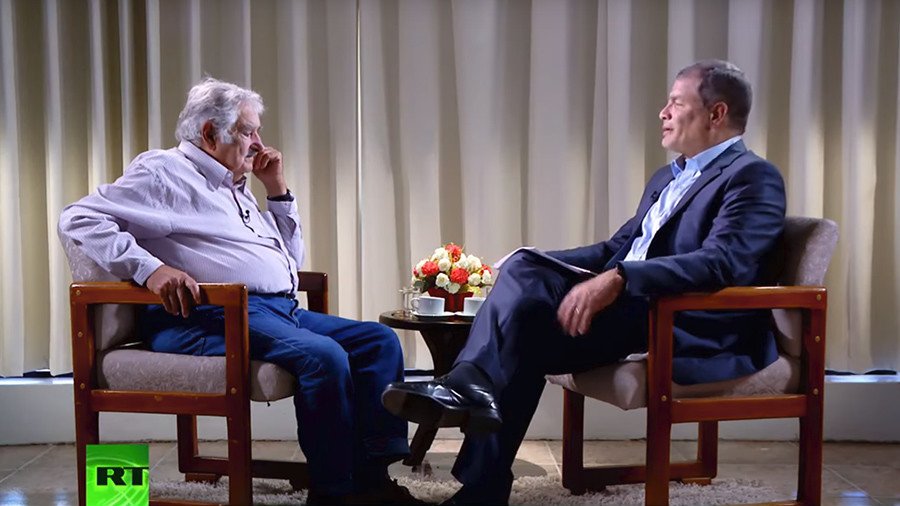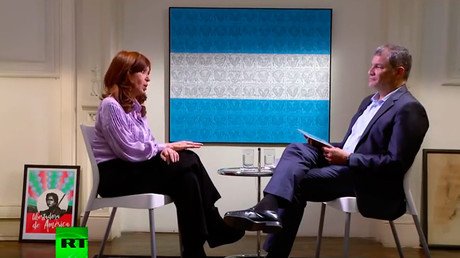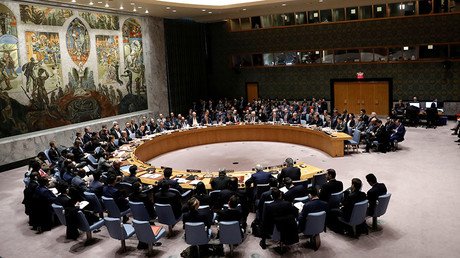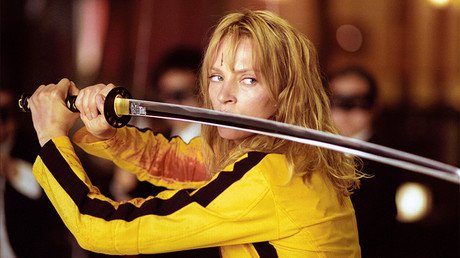Global community, not global market: Rafael Correa and Jose Mujica discuss perils of globalization

Ex-Ecuador President Rafael Correa discussed with his Uruguayan counterpart Jose Mujica how globalization may become less damaging and more benefitting to humanity in general as opposed to rich corporations.
Mujica served as president of Uruguay between 2010 and 2015, winning the nickname “the world’s poorest president” over his insistence on living at his wife’s farm and driving an old Volkswagen Beetle – his only major property when taking office – to commute to work. In his youth he was a champion of the poor, a guerrilla fighter and later a prisoner under a military junta, spending 13 years in abysmal conditions.
The two former Latin American heads of state got together for the latest episode of ‘Conversations with Correa’ to discuss how inevitable globalization can become a benefit to humanity rather than a threat to its existence, and how economic inequality is connected with many injustices in the world.
Globalization today is driven by the interests of profit and economic efficiency, Correa said. But that is not a given, he believes.
We have to assume a strategic position in the context of globalization – a globalization that would create a global community, not a global market; a globalization that would produce global citizens, not global consumers.
One of the injustices of globalization today is that it advocates freedom of movement of goods or capital, but restricts freedom of movement for people, when it comes to those living in the poorest countries, he said.
Europe’s reaction to the inflow of refugees from North Africa and the Middle East in 2015 is characteristic of this, Mujica agreed. “This is perhaps the worst of the things happening globally today. Discrimination by Europe, its unwillingness to receive immigrants,” he said. Uruguay during his term agreed to accept 40,000 refugees despite being a small and relatively poor country, he remarked.
European nations not only suppressed Africa during their colonial past, but also use its economic strength today to undermine Africa’s ability to participate in globalization, for instance, rendering their agriculture uncompetitive, Mujica said.
My hair stands on end when I hear that Germany exports 40 percent of its wheat to Africa. There is a difference, though. The German government subsidizes its farmers to produce wheat. Otherwise, they would be unable to produce wheat at a competitive cost. The German farmers get subsidies. And then they give loans to African countries so they buy their wheat. In this way, they undermine African farmers growing sorghum and other crops. Politics today is all about such contradictions.
The situation in which poorer countries have less to win and more to lose from globalization is yet another example of how economic inequality causes suffering and sometimes even prevents people from admitting that a problem exists in the first place.
“You know, I think, a man’s wallet is his most sensitive organ,” Mujica said, describing this phenomenon. “Fortunately, there are exceptions. But this is true with many people. And human rights go through the filter of this organ one way or another.”
Such blindness when applied to the world in general is a genuine threat to the existence of humanity, he believes, because it is what makes people ignore damage caused to the environment by unrestricted capitalism.
“Thirty years ago scientists in Kyoto predicted that extreme events will be happening more and more often and getting more and more intense. And they told us what needs to be done. But this religion of the market keeps us from complying with these norms.
“All political decisions are powerless in the face of the almighty market. Since new measures may reduce profits, what we see now is people like the current president of the United States who does not even wish to acknowledge climate change and other threats,” he said.
Watch full version in Spanish here.















